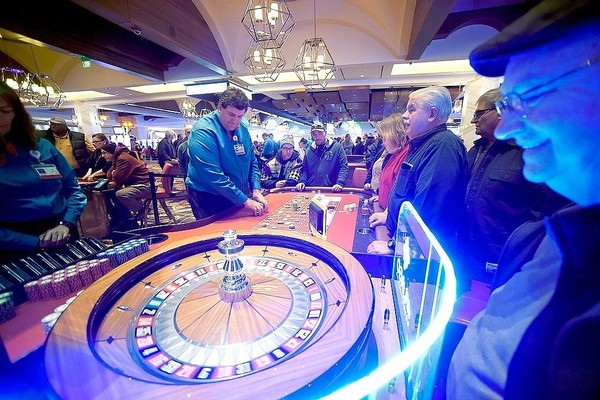Navigating the legal landscape of online casino regulations is akin to embarking on a labyrinthine journey through a complex maze of statutes, jurisdictions, and varying degrees of governmental oversight. At the heart of the matter lies the tension between the desire to protect consumers from potential harm associated with gambling and the economic benefits that regulated gambling can bring to a jurisdiction. In many countries, online gambling is a heavily regulated industry, subject to a myriad of laws and regulations aimed at ensuring fairness, preventing money laundering, and deterring underage gambling. However, the specific regulations governing online casinos vary widely from one jurisdiction to another. Some countries, such as the United Kingdom, have established comprehensive regulatory frameworks that require online casinos to obtain licenses, adhere to strict operating standards, and submit to regular audits to ensure compliance.

Other countries take a more restrictive approach to online gambling; either prohibiting it outright or allowing only certain forms of online gambling to operate under tightly controlled conditions. In the United States, for example, online gambling is largely prohibited at the federal level, but individual states have the authority to legalize and regulate online gambling within their borders. As a result, the legal landscape for online w88 เว็บพนันออนไลน์ in the US is a patchwork of state regulations, with some states embracing online gambling as a source of tax revenue and economic growth, while others maintain strict prohibitions. The rise of cryptocurrencies has further complicated the regulatory landscape for online casinos. While cryptocurrencies offer a degree of anonymity and decentralization that can be appealing to both players and operators, they also present new challenges for regulators seeking to combat money laundering and other illicit activities.
Some jurisdictions have responded by implementing regulations specifically targeting cryptocurrency transactions in online gambling, while others have taken a more cautious approach, monitoring developments in the industry before taking action. In addition to national regulations, online เว็บ w88 ดีไหม must also contend with international regulations and agreements that govern cross-border gambling activities. The European Union, for example, has established a framework for the regulation of online gambling among its member states, with the aim of ensuring a level playing field for operators and protecting consumers from fraud and exploitation. Similarly, international bodies such as the United Nations and the World Trade Organization have addressed the issue of online gambling in various treaties and agreements, although their impact on the regulation of online casinos remains limited.
